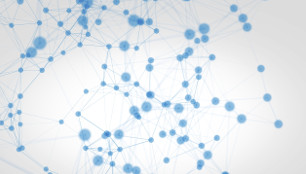 ISTOCK, JEZPERKLAUZENIn just 15 years, we have gone from the first rough draft of the human genome to early successes in using genomic information to improve patient care. The rate of progress has been astonishing. But we still have a long way to go before we realize the full potential of routine genome sequencing in the clinic. Perhaps the single most important element we need right now is better context for genome interpretation—access to the relevant data that help medical geneticists and other healthcare professionals pinpoint disease-causing DNA variants, and translate DNA variants into actionable insights that help ensure each patient receives the best course of treatment.
ISTOCK, JEZPERKLAUZENIn just 15 years, we have gone from the first rough draft of the human genome to early successes in using genomic information to improve patient care. The rate of progress has been astonishing. But we still have a long way to go before we realize the full potential of routine genome sequencing in the clinic. Perhaps the single most important element we need right now is better context for genome interpretation—access to the relevant data that help medical geneticists and other healthcare professionals pinpoint disease-causing DNA variants, and translate DNA variants into actionable insights that help ensure each patient receives the best course of treatment.
That’s why a collection of academic and commercial organizations, my company among them, banded together to form the Allele Frequency Community, a group we believe will help deliver critical context needed for sequence interpretation to the biomedical community—all built upon effective, responsible data sharing. This community-driven effort is designed to make clinically useful genomic information broadly available to researchers and clinicians alike.
Current genomic databases are extremely valuable for research, but often lack a diverse representation of ethnic groups from around the globe. Clinical geneticists trying to determine whether a particular variant is relevant for a patient from one of these underrepresented ethnic groups face a serious challenge, as simple approaches can yield a number of “red herring” variants thought to be disease-causing that are ...













